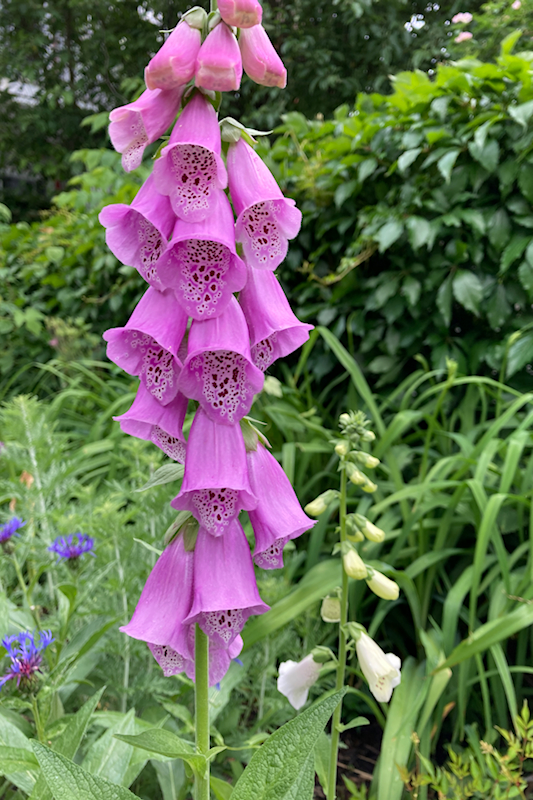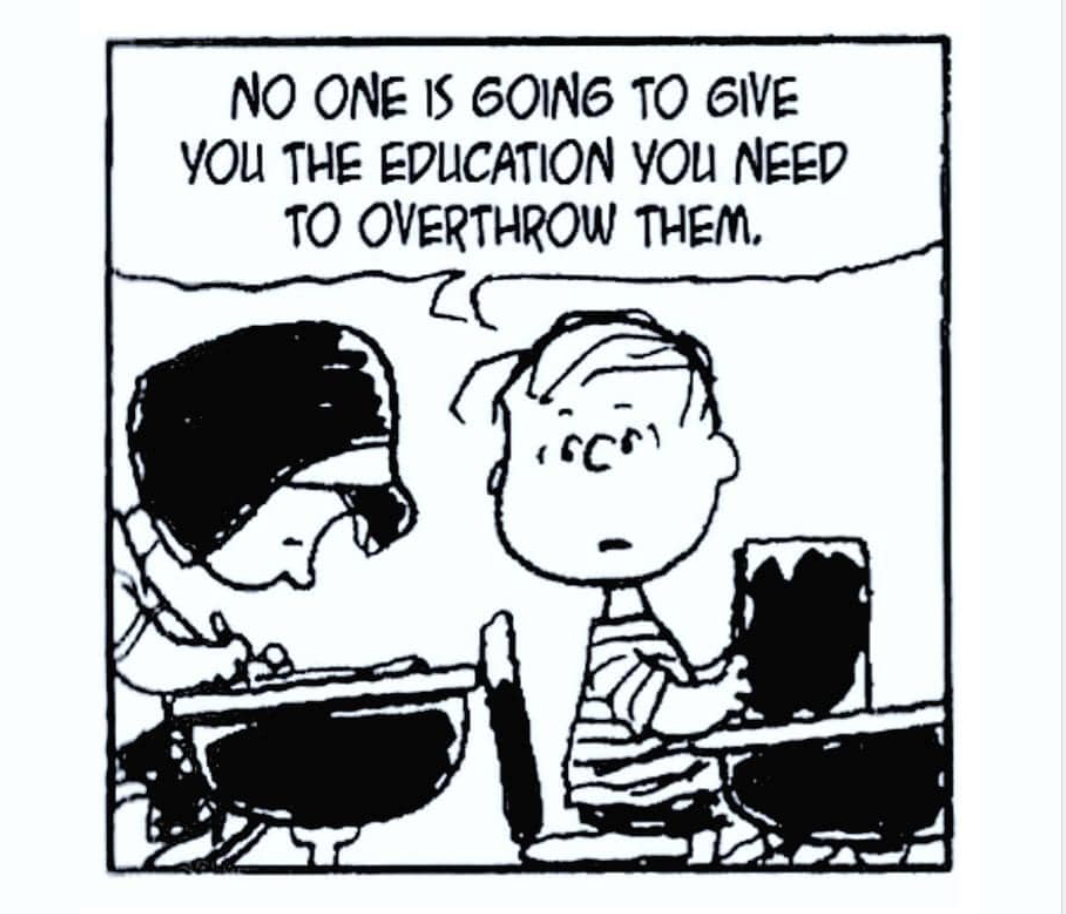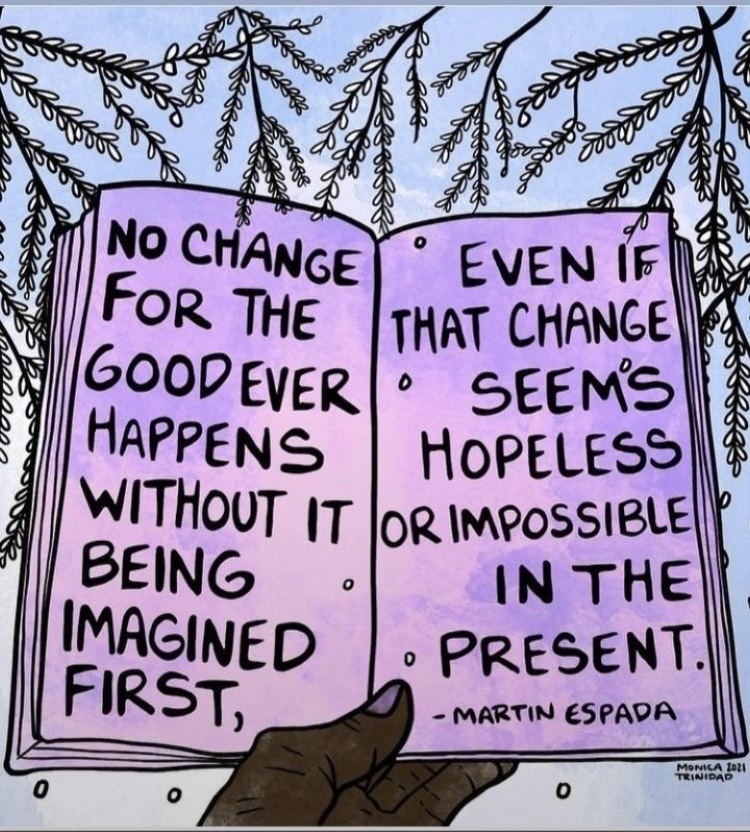Get posts by email
Homeschooling as a political act
June 16, 2022
This is the second post in the Why have you become so political? series.
I ended my last post with this conclusion:
All of us are political. We all live a certain way, with ideas about group dynamics, governance, and organization. Whether that’s within families, churches, social groups, online platforms, community organizations, or institutions. The way we live in those group spaces, and our visions for decision making and conflict resolution reveals our political ideas as much as, if not more than, our voting habits do.
This post is an illustration, from own life, of that idea.

To set the context here I need to explain, in case you’re new, that we homeschooled our kids for their k-12 education. Many posts in my 17+ years of blogging were about this part of my life. It’s nearly impossible to distill that family culture and education practice into just a few words but I attempt to summarize how we homeschooled our kids as: non-coercive, learner-centered, interest-driven, adult (mentor)-facilitated learning.
I’m currently in grad school to figure out how to translate my experience and ideas into wider educational and community contexts.
Compulsory Schooling
Those of you who have taken my Freedom Education course know that I am philosophically opposed to compulsory schooling. To be clear: I believe in publicly funded schooling. I believe in universal access to quality education and safe places for learning and growing, as both a public and private good. And in our current context, state-mandated schooling is how universal access is achieved.
So what’s my beef with compulsory education? The reasons are too numerous to name and would turn this into a much longer post than it already is. But most simply, my contention is that compulsory means alienate and undermine students/children from achieving the ends of developing autonomous thinking and action in solidarity-building relationships with family and community.
Compulsory education compromises the development of our human potential by acting against the nurturing of personal autonomy, relationality, and responsibility.
I will return to define those specific three terms later in this series.
According to Peter Gray,
If we want to understand why standard [compulsory] schools are what they are, we have to abandon the idea that they are products of logical necessity or scientific insight. They are, instead, products of history. Schooling, as it exists today, only makes sense if we view it from a historical perspective.
A Brief History of Education goes on to explain how modern schooling came to be. I prefer a more nuanced reading of history. One that recognizes the diversity of human social, political, and economic arrangements throughout the ages, instead of the simplistic presentation of an inexorable and inevitable march to middle ages feudalism. Disclaimers out the way, I don’t disagree with Gray’s conclusions that:
In recent times, the methods of schooling have become less harsh, but basic assumptions have not changed. Learning continues to be defined as children’s work, and power-assertive means are used to make children do that work.
Compulsory schooling is necessary because children must learn to do things they don’t necessarily want to do. Why? Because adults are compelled through political, social, and economic forces to do work they don’t want to do. And it behooves us to prepare children likewise. Also, the adults know what the world is like and must prepare kids for this “reality”.
(After writing and editing this whole post, I listened to the most recent podcast episode of Under the Skin with Noam Chomsky. I recorded a quick clip of it to share here because Chomsky makes my point for me, so very well.)
Instead of interrogating the conditions, the means, and the outcomes of “autonomous” adults feeling compelled to subject themselves to these cultural forces, we accept that “this is the way it is” and inculcate our children likewise. Instead of recognizing that we made this reality, this particular ordering of priorities and values, we train our children to assume it as truth.
Which is not to say adults don’t have wisdom and insight, we do. Or that certain knowledge and skills aren’t important in today’s world, they are. But neither of these necessitate coercion.
What makes schooling compulsory is that the State enforces attendance. A necessity married to the reality of our economy more so than the developmental of our children.
"This is the way it is"
Coercion and rewards ensure compliance. Both from the individual student and families.
Control, fear, and manipulation… elaborate programs of carrots and sticks and stars and demerits keep the whole show going. Operant conditioning, is what it’s called in psychology.
Does education happen in schools? Absolutely. Many, many good things come from schooling. But why have we accepted a system that depends on bribery, cajoling, rewarding and punishing people, specifically children, into participation?
When you start to interrogate these means and methods you will have to confront your own bias or orientation about human nature. The inquiry may lead you down scientific, spiritual, historical, and philosophical roads.
Why do we use coercion and rewards as the means? Why is the activity itself not enough of a reward? What are all the ends of compulsory schooling? (Beyond ensuring all kids receive an education.) Why are some subjects required and others not? How did we decide that? Who gets to decide that?
I’m an education geek so I love these lines of inquiry. But even if you don’t, and are only able to engage at surface level with the subject, it’s clear that the very meaning of the word compulsory requires coercive and rewarding mechanisms.
It expects and reproduces compliance.
We justify this because “this is the way it is”. Or, human nature “is what it is”, so this is how we must socialize our children.
I decided long ago that coercion, rewards, and manipulative tactics were not how I wanted to educate, or relate to my children. I arrived at that orientation in my quest to apply the belief that trust and love, not fear and control, are higher order foundations for learning, and human growth and development more generally.
It took me a while to realize that this personal belief and orientation was not aligned in my religious practices. So I had to take those apart, deconstruct to the foundation, see what was salvageable and rebuild a spiritual practice that aligned with what I truly believed.
It’s been more recently that I’ve awakened to the knowledge that this is not just an educational, relational, and spiritual orientation. It’s also a political orientation.
My ideas of group dynamics, governance, organization, and decision-making within a family, within an education system, my vision for that polis, reveals my political ideas as much as, if not more than, my voting habits do.
In the past I’ve critiqued the means of compulsory schooling as being inconsistent with trust, love, delight and interest, which I believe are foundations for human-flourishing. These days (as an education geek), I am interrogating the role of compulsory schooling in perpetuating systems of hierarchical authority and power over individuals, families, and communities.

I invite you to question the idea of compulsory schooling through a socio-political lens.
In which realms or classes of society are adults expected to be compliant? Why is the compliance necessary? Who holds the power to exact compliance? How do they exact that compliance? Who benefits by that compliance?
Compulsory schooling is just one of the many systems in our society that reproduces power structures and hierarchies.
This issue of power, hierarchy, authority, and compliance in our relationships and education is bound up in ideas of motivation and complex human social dynamics, as well as our evolution, biology, history and all the rest.
It’s a big, hairy conversation. And the ideas might lie just beyond the edge of what we can articulate to ourselves and others, but that doesn’t mean we shouldn’t try. Ideas about how we relate to each other are not beyond our pay grade. These are the biases, assumptions, and orientations that inform our lives, both externally and internally, and we need to interrogate them.
Conclusion
One of my big reveals in the past couple years is that my political orientation has been embedded in my family life, in my thoughts on education, in the same way that my spiritual orientation and theology was encoded and embodied in motherhood.
Implicit in the way I homeschooled my kids, the “hidden curriculum” of my pedagogy, were ideas about how to live together as a group, a vision for the “polis”. In this case the polis, the people, was our family unit. My focus and my interest were not directed towards a larger public during this point of my life. My work as an advocate, mentor, and facilitator was for the individual. Three particular, unique individuals, for whom I was responsible.
One of my primary aims for these three individuals was honoring and developing their personal autonomy, which required cultivating non-coercive means of relating to one another.
What I believed and practiced then, and now, about the individual in relation to the polis of the family, was/is a political vision, as much as it’s a family culture and educational philosophy influenced by developmental psychology and a particular spiritual orientation.
There is a strong “this is way it is" momentum to our individual and collective lives. I recognize there are certain constraints within any context that are nearly impossible, in this moment of collective imagination and experience, to breach.

In my homeschool writing and support of other families through the last decade and a half, in this post and this series, I have and I am inviting readers to imagine something different.
Maybe that different is already embedded in how you live.
My final questions for you: What do your daily actions and most intimate “polis” (the people, the group, the community) relations reveal about your political orientations?
Do you see your ideals and actions in relating to your neighbors, your children, your community, as something distinct and separate from how we must organize and govern ourselves in big groups? Why or why not?
What do you imagine as an alternative to “the way it is”?
Next Post: Get ready for the song and dance I promised! Also, a critique of Canadian pandemic policy through my own political lens.
Don’t miss a post. Subscribe to my mailing list (it’s free!) and get posts delivered to your inbox.
Also, comments are closed because of a long-standing problem with spam. (And I have yet to remove the "comments" link). Just hit me up with an email - renee at tougas dot net - if you have something you'd like to contribute.
Filed Under
Part of Series
Resource Library
You can subscribe to comments on this article using this form.
If you have already commented on this article, you do not need to do this, as you were automatically subscribed.





